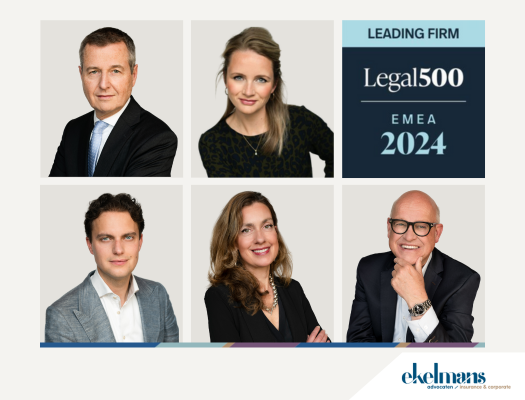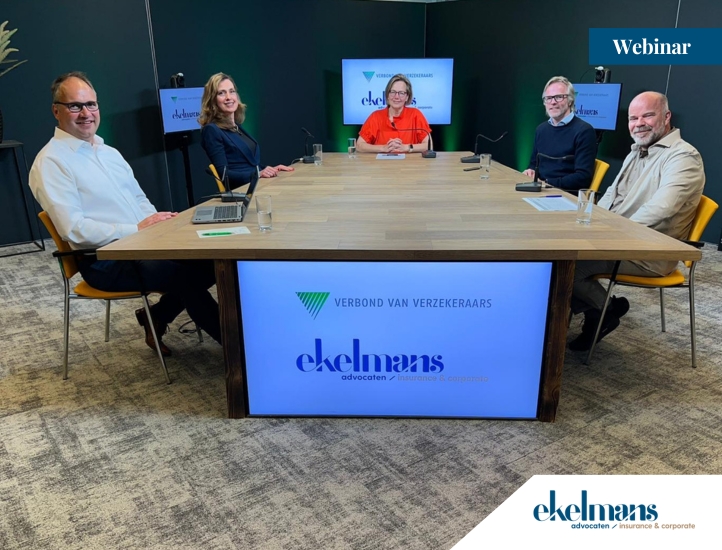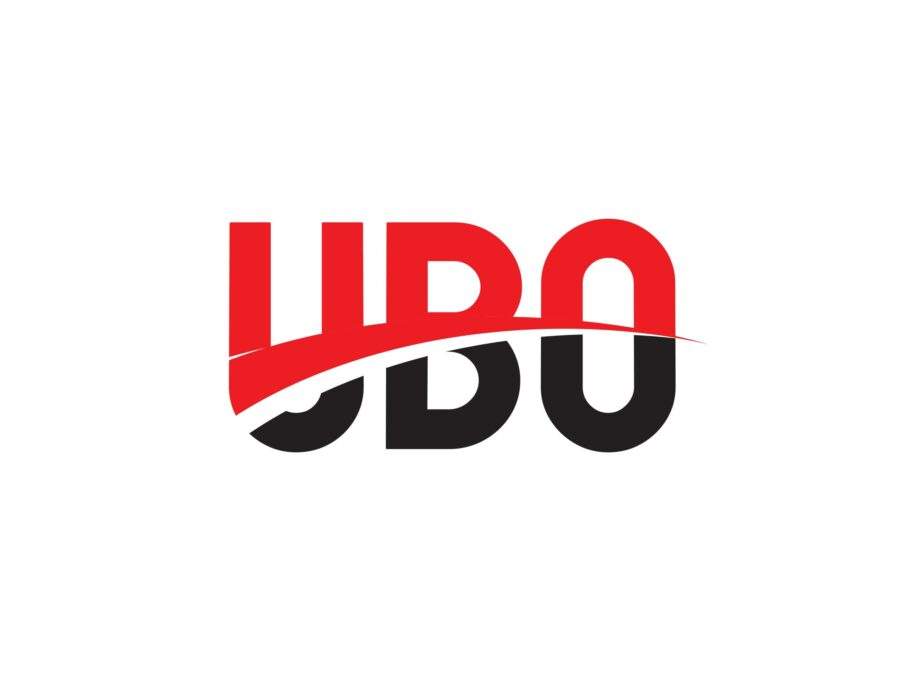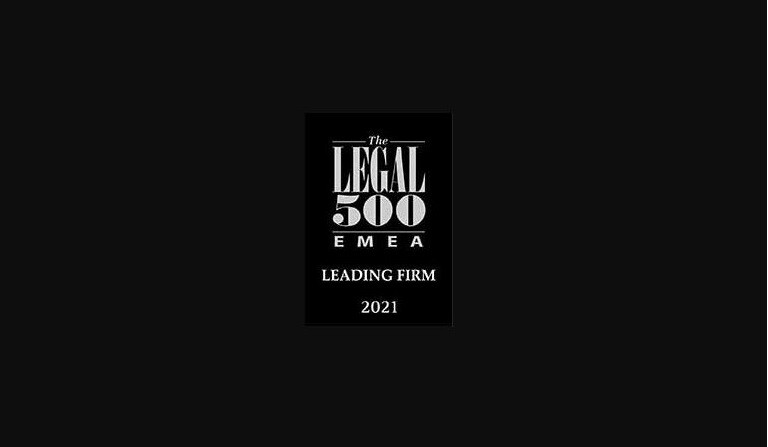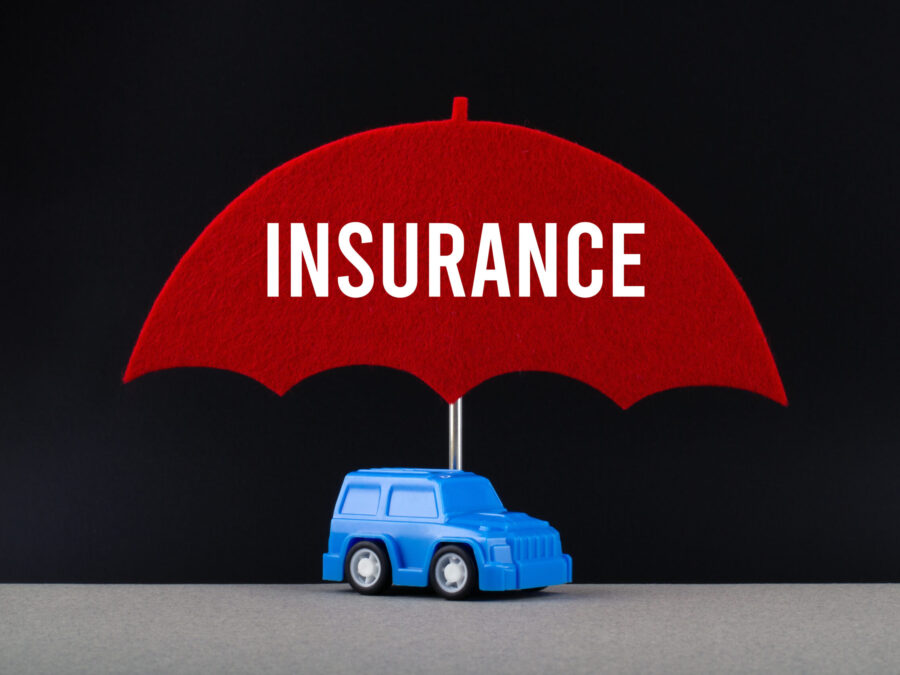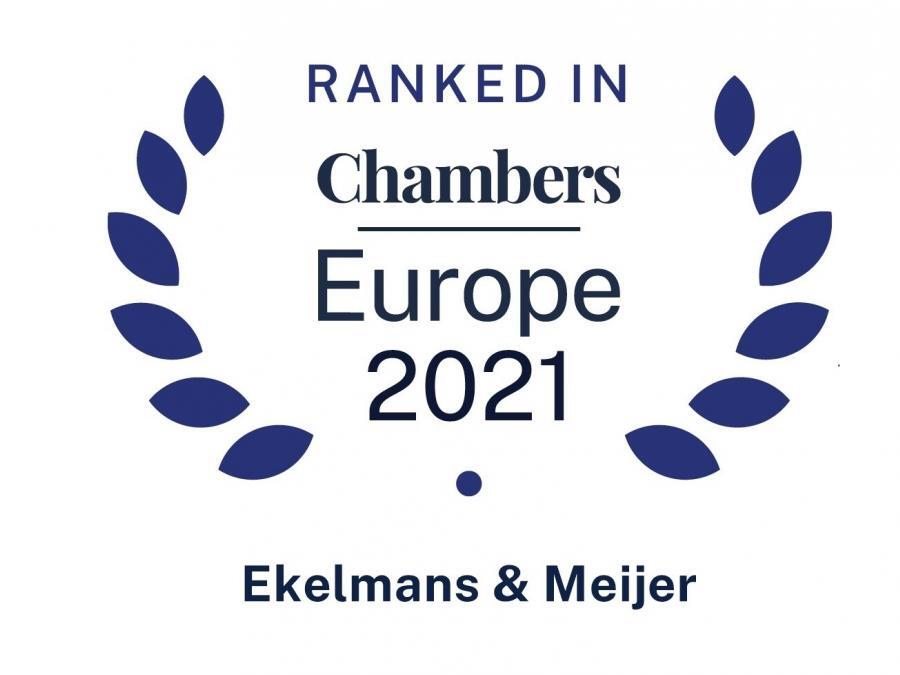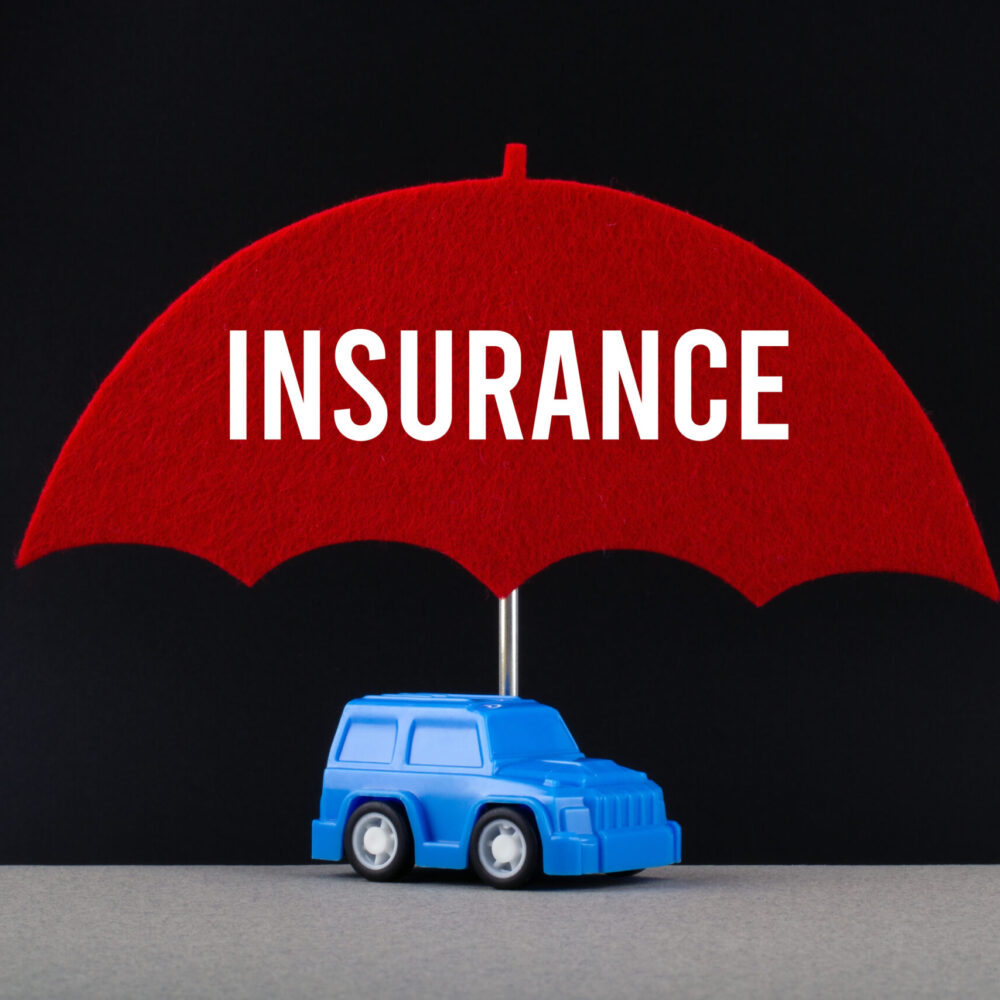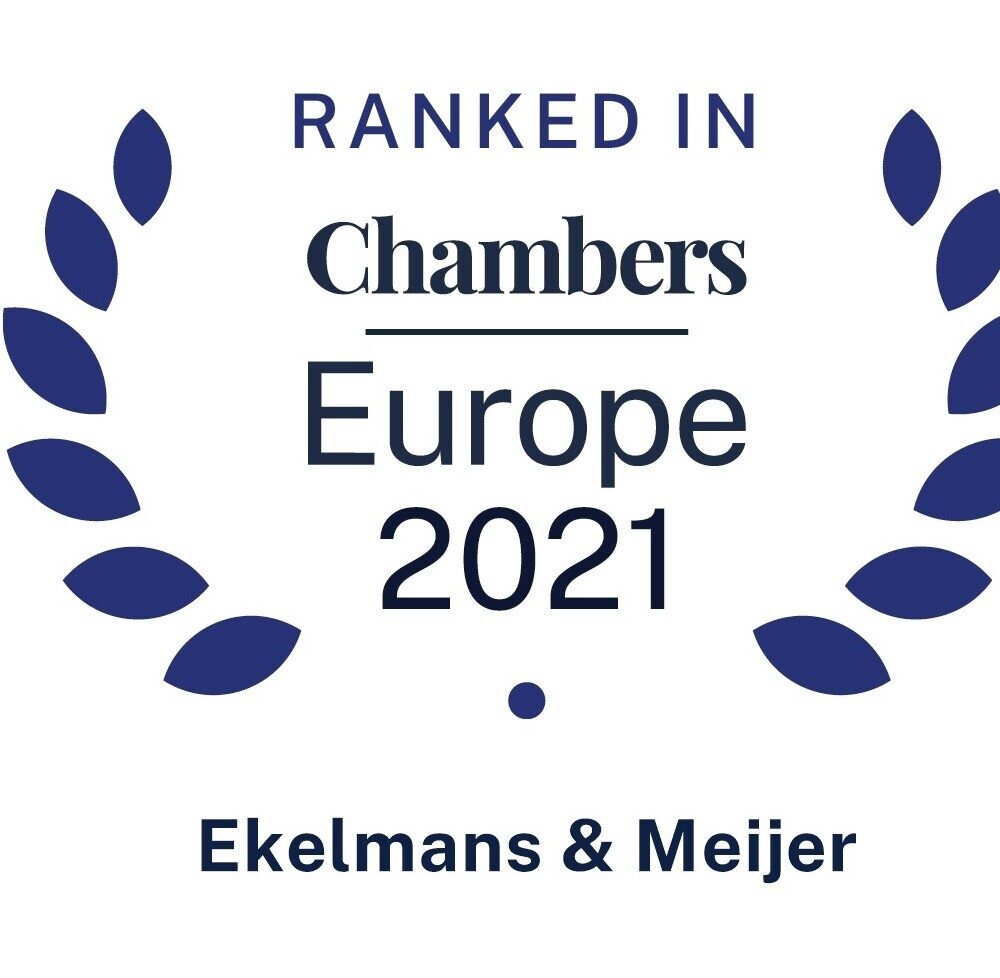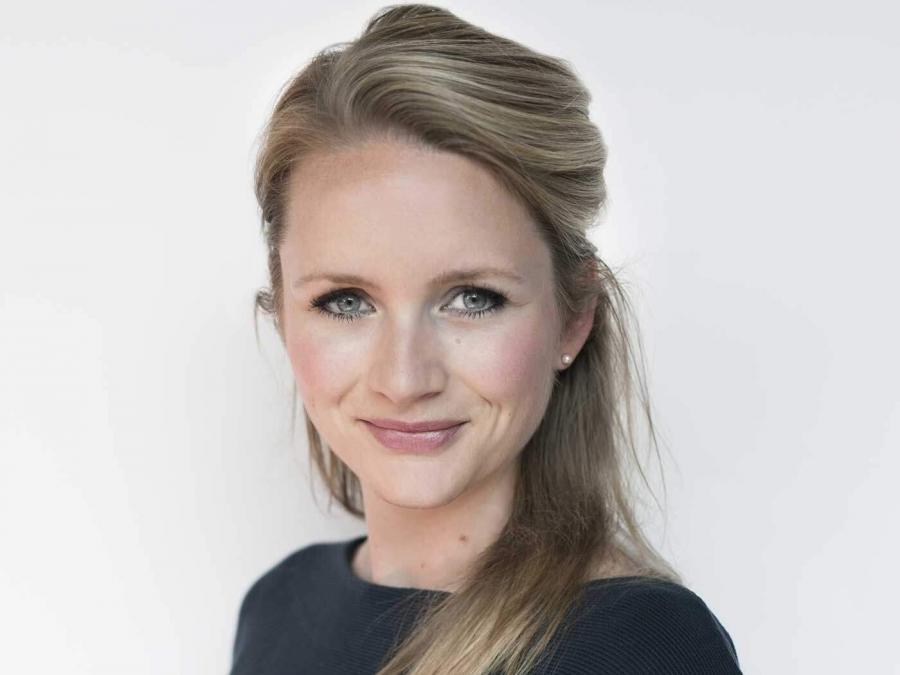
The Dutch insurance market has a long tradition of co-insurance, where a risk is spread among multiple insurers, each providing coverage for their own percentage. A specific aspect of co-insurance is that it often involves the use of a to-follow clause. This clause binds following insurers to the decisions of the lead insurer; e.g. on the question of whether or not a policy provides coverage. If a leader decides that a policy provides coverage, the following insurers contribute, each for their own percentage in the risk. A to-follow clause thus prevents potential coverage gaps for an insured resulting from different coverage decisions by participating insurers.
To what extent is a following insurer bound by the decisions of a lead insurer
In Dutch case law, the question arises as to what threshold should be used to assess whether a following insurer is bound by a decision of the leading insurer. Such a question often arises from disagreements between a leading insurer and one or more following insurers or between the insured and the following insurer(s).
The extent to which a following insurer is bound by the decisions of a lead insurer used to be subject to the standard of the ‘reasonably acting insurer’. However, in a court ruling dated May 4th 2022, the Amsterdam court ruled that a following insurer is bound by the decision of a leading insurer unless this is unacceptable according to the standards of ‘reasonableness and fairness’, which is a higher threshold.
The case at issue dealt with an alleged error of judgment in claim handling.
A following insurer was sued by the insured’s broker. The broker had paid damages to the insured for the amount of the following insurer’s share. The latter was held, under the to follow clause, to pay damages because the lead insurer had decided to provide coverage. However, the following insurer refused to reimburse that amount to the broker, arguing to the effect that it was not bound by the lead insurer’s coverage decision. The following insurer substantiated its position by pointing to a number of unusually large claims the insured had suffered in 2017. The insured, broker, lead insurer and surveyor must have responded unacceptably inadequately to these damages, the following insurer said. For instance, the following insurer argued that there had to have been insufficient investigation of the damages and, therefore, the lead insurer should not have granted coverage, or at least not without asking further questions. The following insurer claimed to have suffered damages as a result because, based on a to follow clause, it was obliged to follow the lead insurer in its decision to pay damages.
The court ruled that the “reasonable insurer” standard did not apply. The question was whether or not it would be unacceptable by the standards of reasonableness and fairness to bind the following insurer to the leading insurer’s coverage decision. The court thus opted for a stricter threshold than had previously been applied in case law. The reason for this is that if a leader makes an (assessment) error in claim handling and therefore wrongly proceeds to pay damages, testing against the ‘reasonably acting insurer’ standard would negate the benefits of the to-follow clause if a following insurer was allowed to evade payment in such a case. For the insured it would mean that he would have to deal with all insurers that carry his risk individually, each of whom could make their own coverage decision. For the insurers themselves, it would also mean that the efficiency advantage of the to follow clause would disappear, as each following insurer could (and therefore, in fact, should) assess the decision of the lead insurer for correctness.
As mentioned, the ‘unacceptable by standards of reasonableness and fairness’ standard is a higher threshold than that of the ‘reasonably acting insurer’. Therefore, based on this ruling, a leading insurer seems to have more freedom in assessing a claim than before. The mere fact that a leading insurer makes an error of assessment with regard to coverage is, in the court’s view, insufficient to rule that it is unacceptable by the standards of reasonableness and fairness to deem the following insurer liable to pay. That this standard provides a high threshold also follows from the examples given by the court. An example of a situation in which it is unacceptable by the standards of reasonableness and fairness to deem that a following insurer is bound by a decision of the lead insurer is, according to the court, if the insured and lead insurer were to collude fraudulently with the aim of inducing the other insurers to pay damages, or if the decision of the lead insurer was made by bribing an employee of that insurer.
Author
Jessica Roos is specialized in insurance and liability law. She holds a doctorate in insurance law, specifically in the field of coinsurance. Thanks to her previous work experience in the insurance industry, Jessica has an in-depth understanding of the processes that her clients face.


